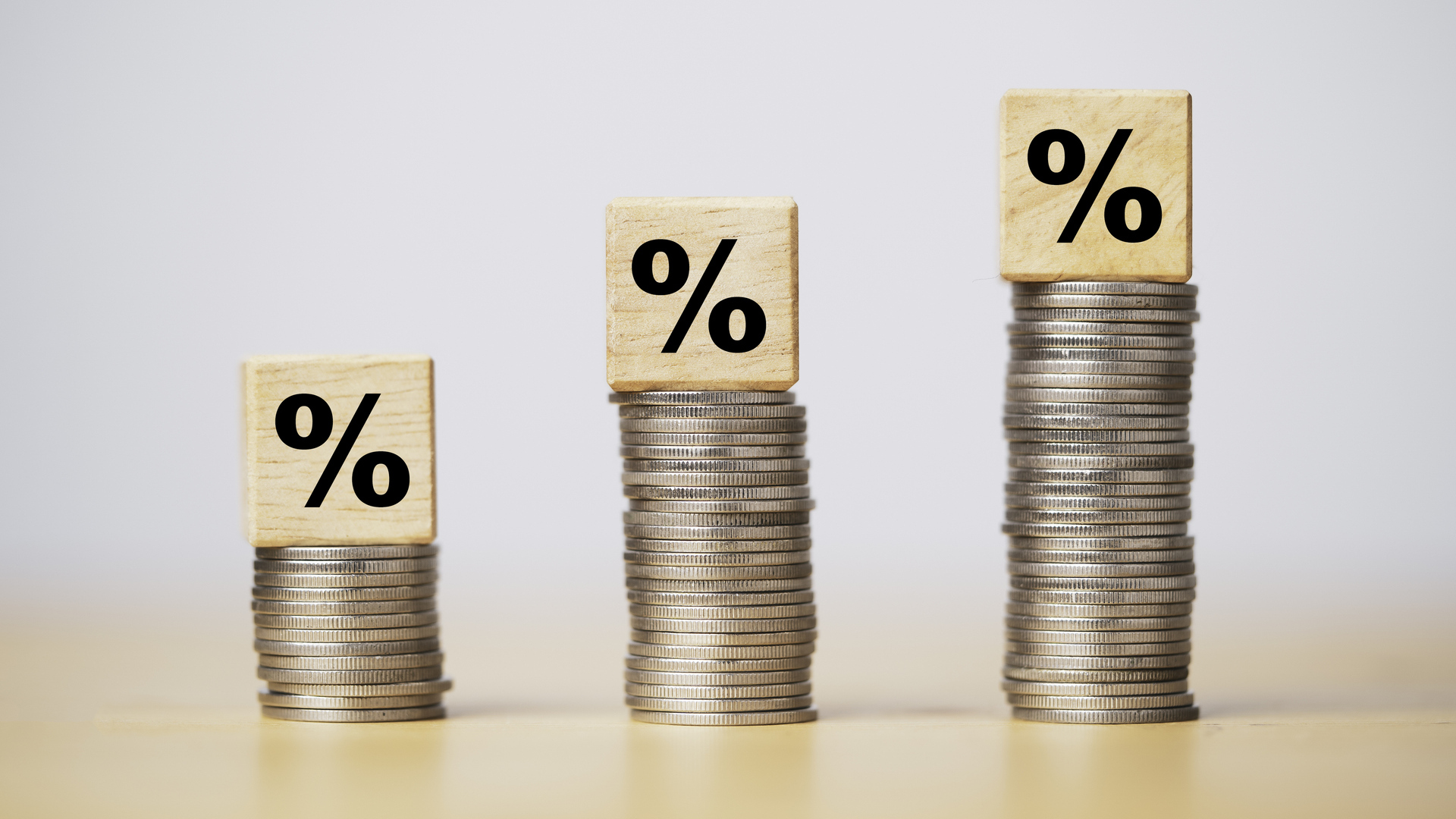
Taking a passive approach to savings is normal, but not ideal if you want to grow your wealth. If you’re among those who think they’ll think about finding a better account with a higher annual percentage yield (APY) later, you’re not alone, but you are missing out. According to a new survey by the fintech company Raisin, 78% of Americans aren’t shopping around for high-yield savings accounts.
Find Out: 6 Things the Middle Class Should Sell To Build Their Savings
Read Next: The 5 Car Brands Named the Least Reliable of 2025
That’s also 78% of Americans who are leaving hundreds, if not thousands, of dollars behind every year. Find out how simple it is to get a better rate with just a little bit of leg work.
Why Most Americans Aren’t Earning Enough on Their Savings
What Raisin discovered is that most people are leaving money behind simply because they feel like shopping for a better rate is a hassle. As many as 61% of Americans would move their money to another account if they knew they could double their money, but only 34% have actually done so in the past year.
The first step to getting a better rate is realizing it’s not that big a hassle. The second step is looking at how much more money you could be earning.
Be Aware: 4 Surprising Things That Could Impact Your Wallet If a Recession Hits
What a Better APY Could Actually Earn You
According to the survey, the average APY on most people’s regular savings accounts is around 0.58%. In comparison, many high-yield savings accounts (HYSA) or money market accounts are offering rates around 4%, roughly seven times more than average. Plus, money saved in these types of accounts then earns compounding interest — meaning you earn interest on the interest you’ve been paid.
To look at a comparison, let’s say your regular savings account has $5,000 in it and is earning 0.58% APY. That’s $29 in interest per year.
Now say you moved your $5,000 into an account earning a 4% APY. That would net you $200, with compounding interest.
Another reason to move money into a high-yield account is that it helps you to keep up with inflation. If the inflation rate rises, on average between 2% and 3% per year, then you are essentially losing purchasing power on any account that earns you less than that.
How To Find the Best High-Yield Savings Accounts
When looking for the best high-yield savings account, it’s best to choose accounts with no monthly fees, daily compounding interest and insurance from the Federal Deposit Insurance Corporation (FDIC) or the National Credit Union Administration (NCUA) for peace of mind. Comparison platforms can make it easy to find top rates and filter for features that matter most, so you can start earning more without switching banks entirely.
Debunking the ‘Hassle’ Myth
Opening a high-yield savings account is easier than you might think:
- First, compare rates and choose an account with strong terms. You don’t have to guess, either — ask around, consult your friends, family and, if you have one, a financial advisor.
- Second, sign up online. Most only take minutes and require basic ID and bank info.
- Third, link your primary checking account. You don’t need to switch banks; just set up an automatic monthly transfer to build your savings consistently with zero hassle.
Why Interest Rates Are Still Worth Watching in 2026
While interest rates fluctuate, and the Federal Reserve Board (The Fed) can always drop rates, the APY on most HYSA will still be significantly better than the average savings account APY. For the time being, many banks are still offering 4% and higher.
Opening a HYSA or money market account is one of the quickest and simplest ways to begin earning passive income while saving for emergencies, short-term and long-term financial goals.
More From GOBankingRates
- 7 McDonald's Toys Worth Way More Today
- 5 Old Navy Items Retirees Need To Buy Ahead of Fall
- 4 Things You Should Do When Your Salary Hits $100K
- I'm a Retired Boomer: 6 Bills I Canceled This Year That Were a Waste of Money
This article originally appeared on GOBankingRates.com: This 1 Simple Change in Your Savings Could Earn You Hundreds Each Year, According to Raisin







